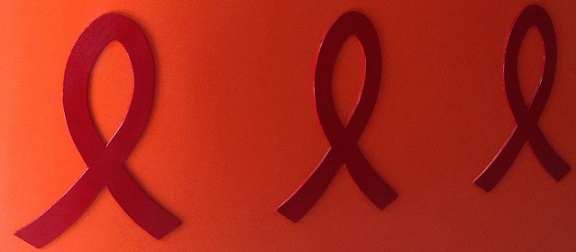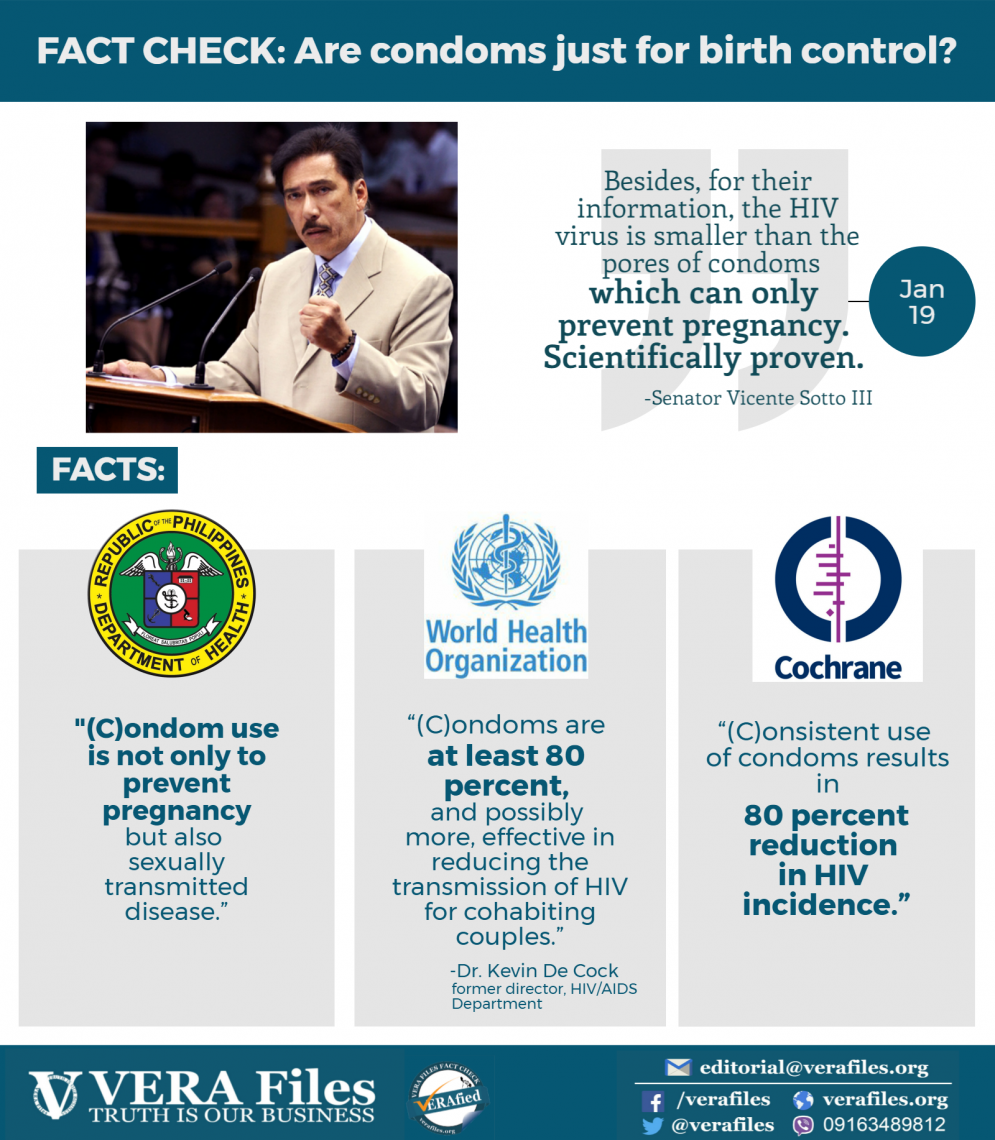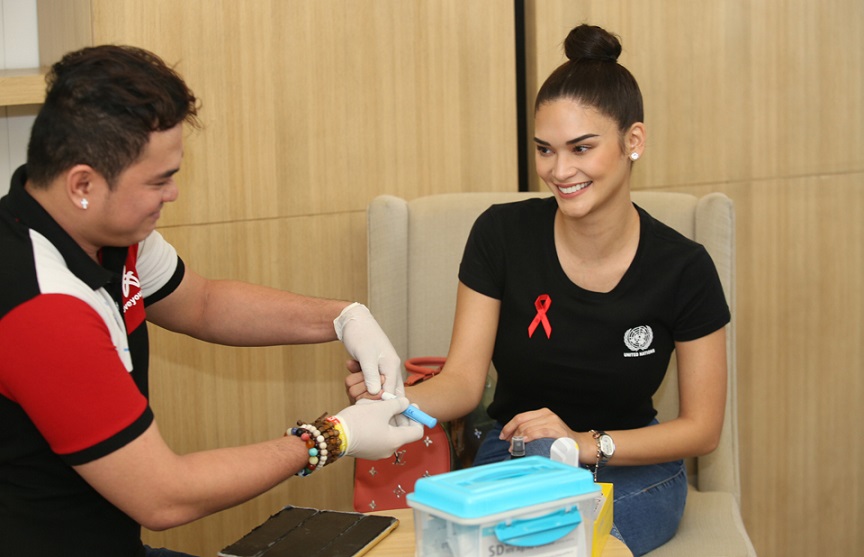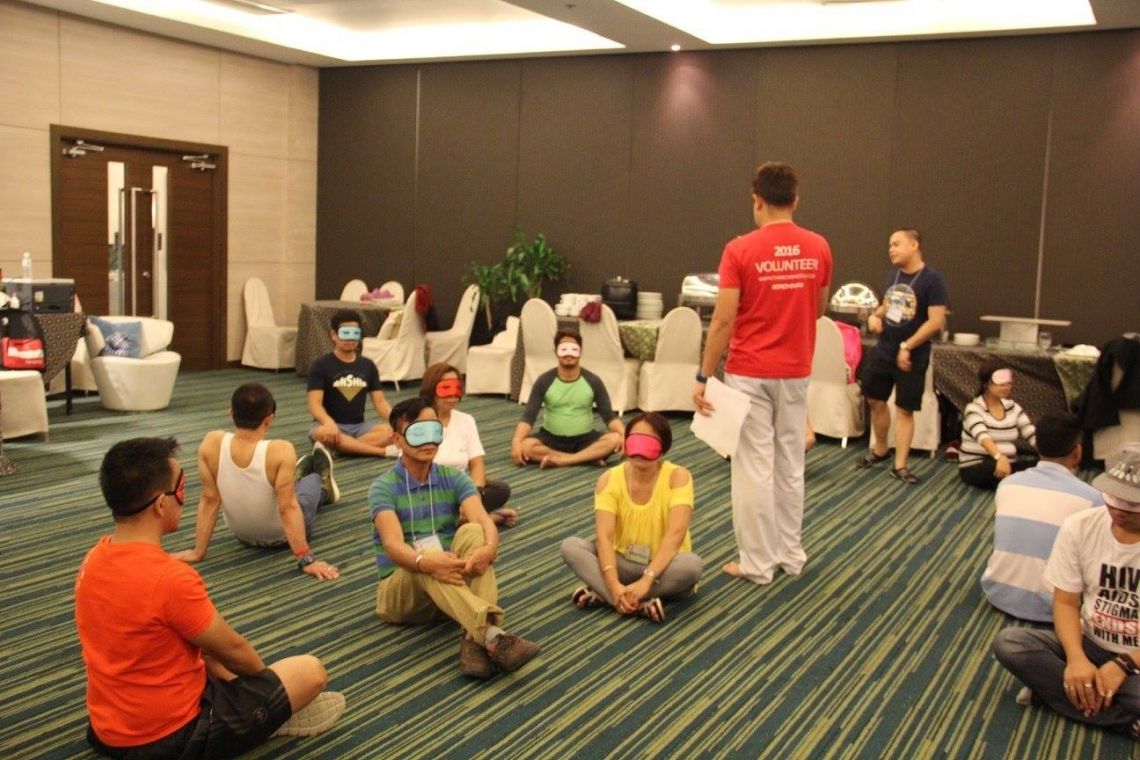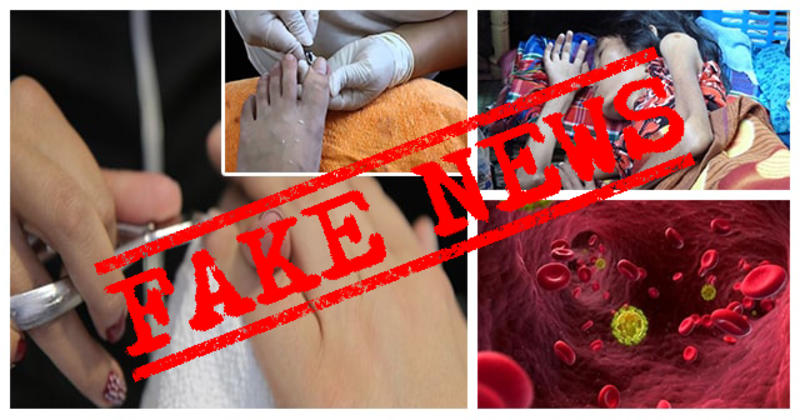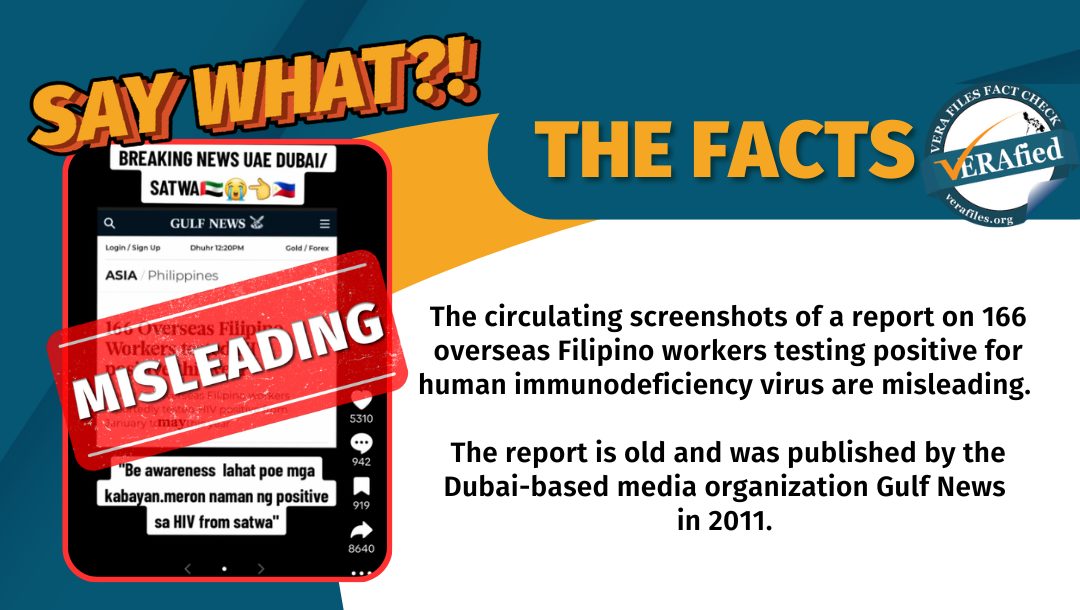By PATRICK KING PASCUAL
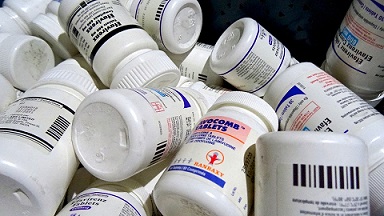
AS the country commemorates World AIDS Day today (December 1), the Philippine Health Insurance Corp. (PhilHealth) is set to begin a formal review of its benefit package for people living with HIV (human immunodeficiency virus), or PLHIVs.
“We are currently reviewing the Outpatient HIV/AIDS Treatment (OHAT) Package, the implementation of it in treatment hubs, and the current rates, and if patients have questions, we can discuss it with them. PhilHealth is going to conduct a formal review of benefits, this year up to next year, to address these issues,” Dr. Mary Antoinette Remonte, Medical Specialist II and Millennium Development Goals Benefit Products Team Head of PhilHealth, said.
PLHIVs in the country, who are members of PhilHealth, are entitled to several benefits under the OHAT Package. Every year, a member is entitled to P30,000, or P7,500 every quarter, worth of treatment, care and support (TCS) services from his chosen PhilHealth accredited treatment hub.
Also included in the OHAT Package are the following: drugs and medicines; laboratory examinations based on the specific treatment guideline, including Cluster of Differentiation 4 (CD4) level determination test, viral load (if warranted), test for monitoring antiretroviral (ARV) drug toxicity; and professional fees of providers.
Hospitalization coverage from PhilHealth ranges from P11,000-20,000, depending on the case. Any amount that will exceed the allotted budget will be charged to the patient.
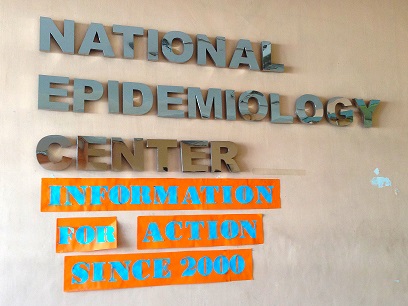
However, PhilHealth has received reports from several PLHIVs that the TCS services they get from their treatment hubs are different compared to other TCS providers.
“It has come to our attention that some treatment hubs charge for some laboratory tests, even after the release of the OHAT Package circular. Also, according to the guidelines set by the DOH (Department of Health), viral load testing is also covered by the OHAT Package,” Dr. Remonte said.
In the case of Paolo (not his real name), a person living with HIV (PLHIV) from Manila who is receiving HIV TCS at San Lazaro Hospital, he was made to pay for the viral load test even if he is a PhilHealth member.
Sadly, if you are a PHLIV who had been charged for a particular TCS service, that is supposedly covered by the OHAT Package, “you cannot be reimbursed for what you spent, because the reimbursement goes directly to the facility. This is why it is important for a facility to properly maximize the reimbursement claims so they can help the patients,” Dr. Remonte added.
But the practice in other treatment hubs, like in the Research Institute for Tropical Medicine (RITM), is different. PLHIVs are able to receive free baseline laboratory tests and CD4 count.
“The OHAT Package does not cover baseline tests yet, but due to good financial management, we can provide them for free to new patients. And once they start their treatment, they would be eligible for OHAT,” Dr. Rosanna Ditangco, research chief head at RITM-ARG, explained.
For patients who are already starting their antiretroviral therapy, “we provide free CD4 and CBC tests. Yearly, during their anniversary, we provide free CD4, CBC, blood chemistry – depending on what ARV they are taking, and viral load. And if the doctor suspects treatment failure, a free viral load test will be done anytime plus HIV drug resistance testing,” Dr. Ditangco added.
That has been the system of RITM ever since PhilHealth released their OHAT Package circular.
“The HIV treatment regimen is standard for all treatment hubs, but the cost of laboratories are not the same. The practice is also different on how they utilize the PhilHealth reimbursement and this is because of administrative problems in the treatment hubs,” Dr. Remonte explained.
She also reminded PLHIVs to check if their treatment hubs were filing claims and if they find out that there were lapses, they could write a complaint, anonymously if they are worried about confidentiality.
For PLHIVs who want to avail of the benefits of the OHAT Package, they should be PhilHealth members with three to six months contributions; submit a waiver allowing PhilHealth to look into their records; and provide a copy of their HIV confirmatory result and treatment regimen.
There are currently 22 accredited hospitals all over the country that are designated treatment hubs for PLHIVs. There are also several satellite clinics that provide TCS services for HIV management.
Like other agencies and institutions, PhilHealth is increasing its efforts to help manage the detrimental effects of HIV.
The Philippines is one of the countries where the prevalence of HIV has been increasing.
On other hand, statistics from other countries show that HIV is already decreasing, or at zero growth.
As of August this year, there were already more than 5,000 reported HIV cases in the Philippines, according to the DOH. This number is 17% higher compared to the same period last year.
